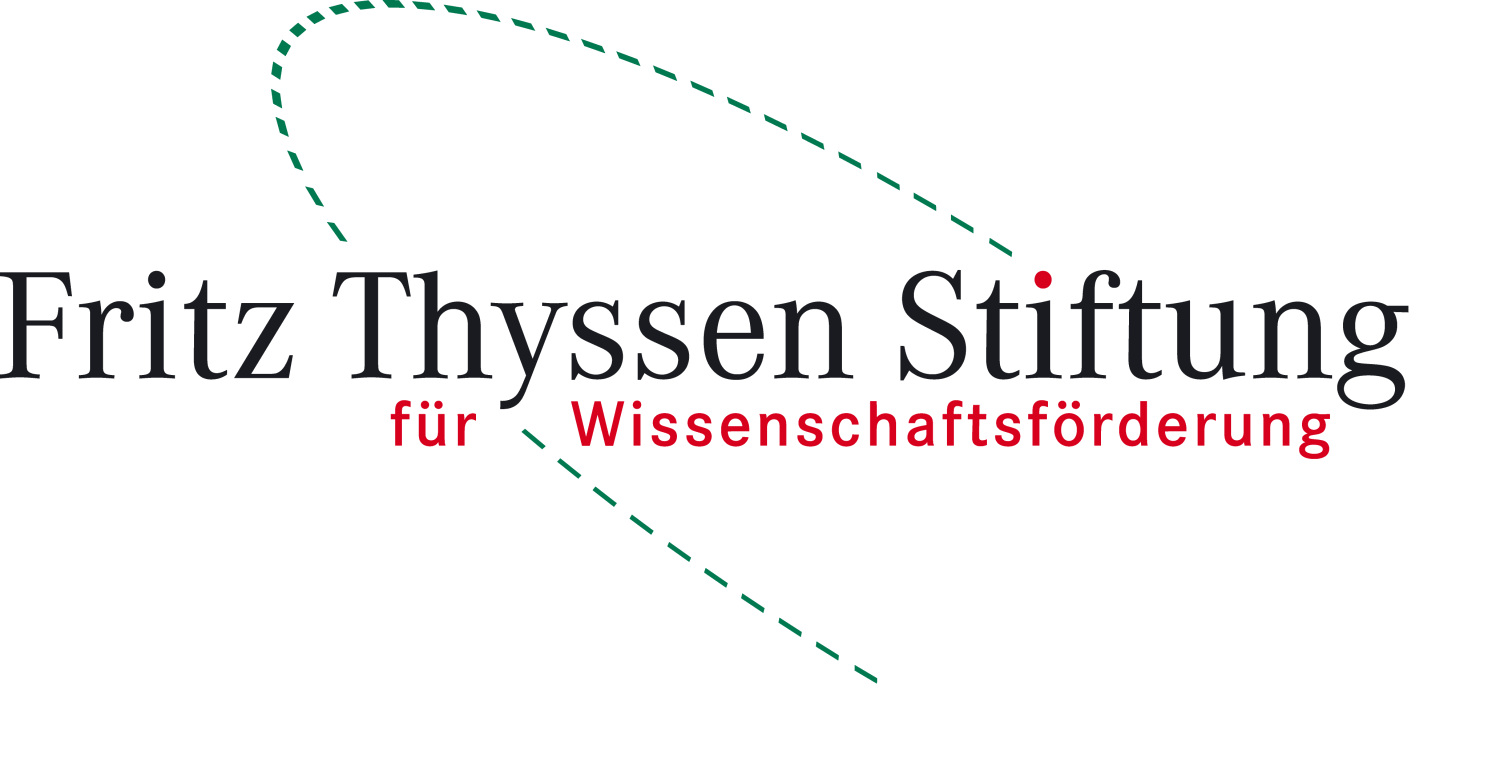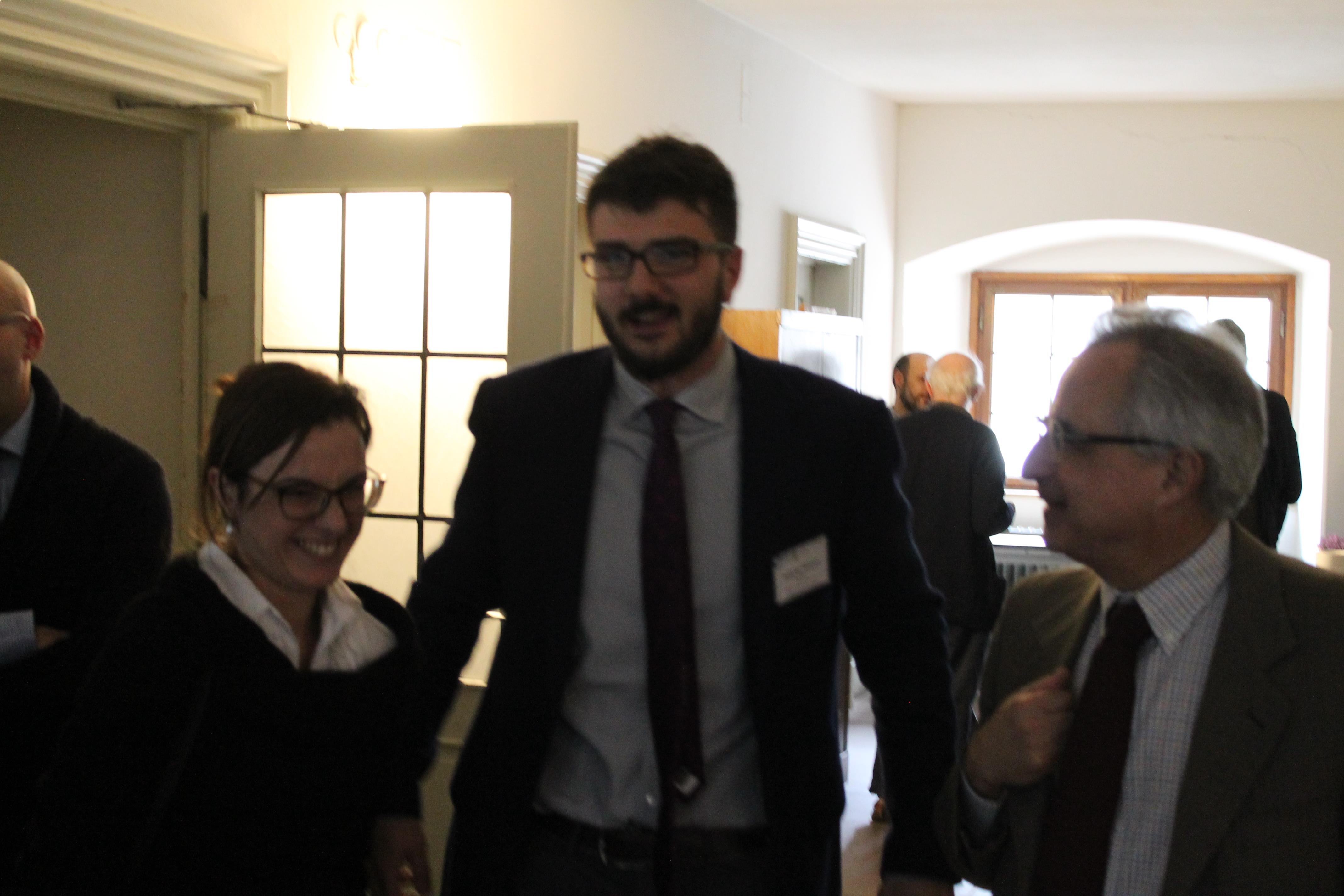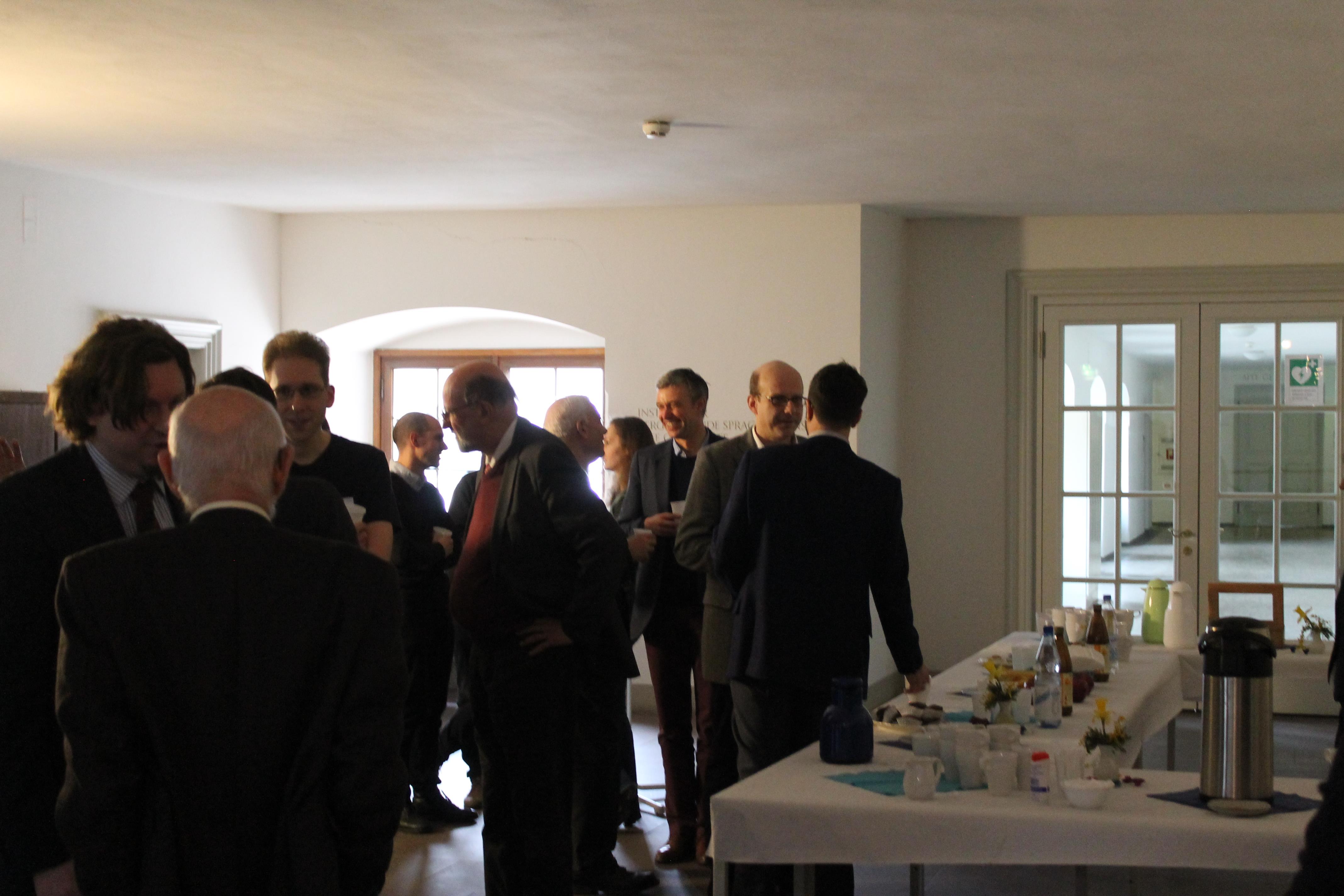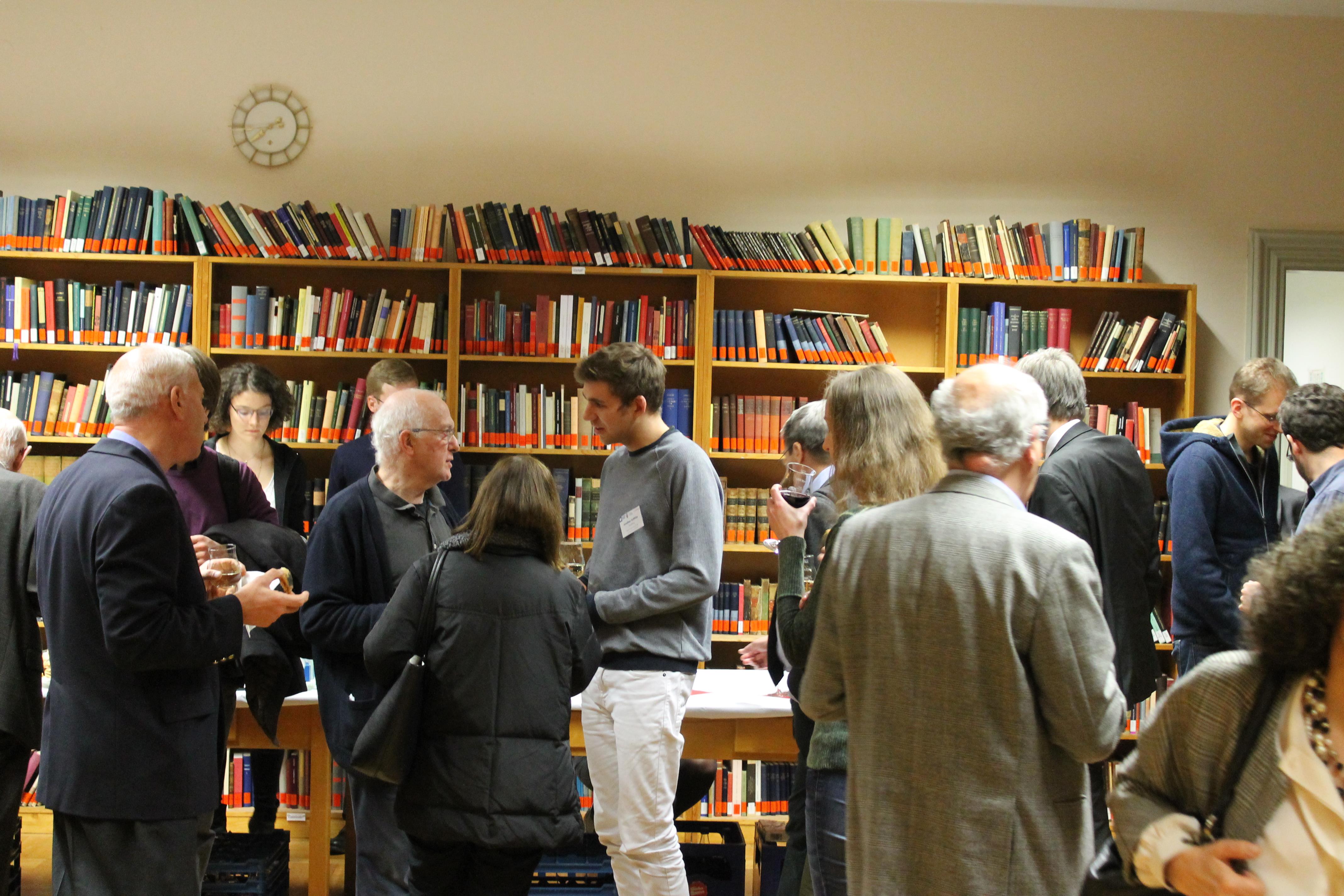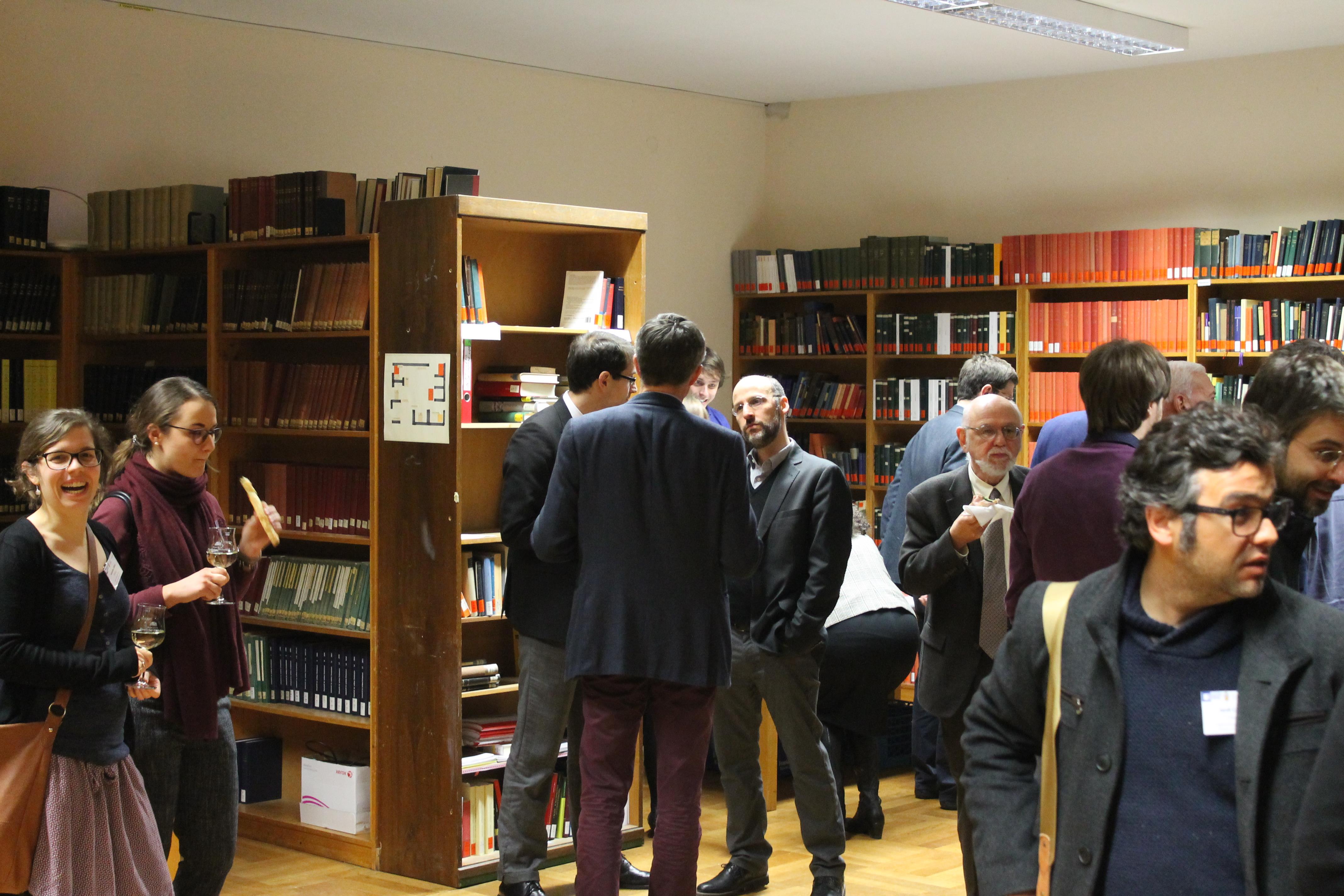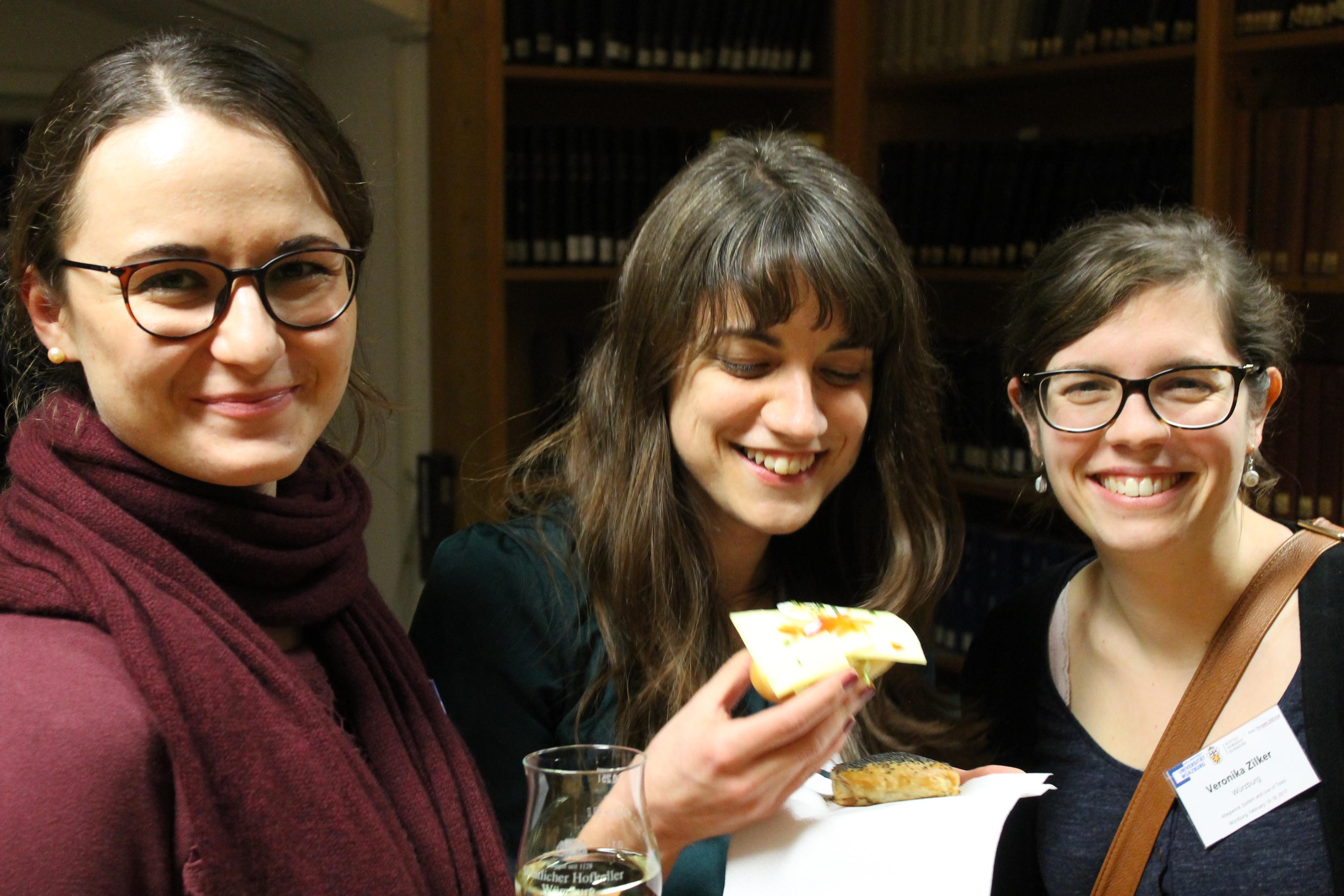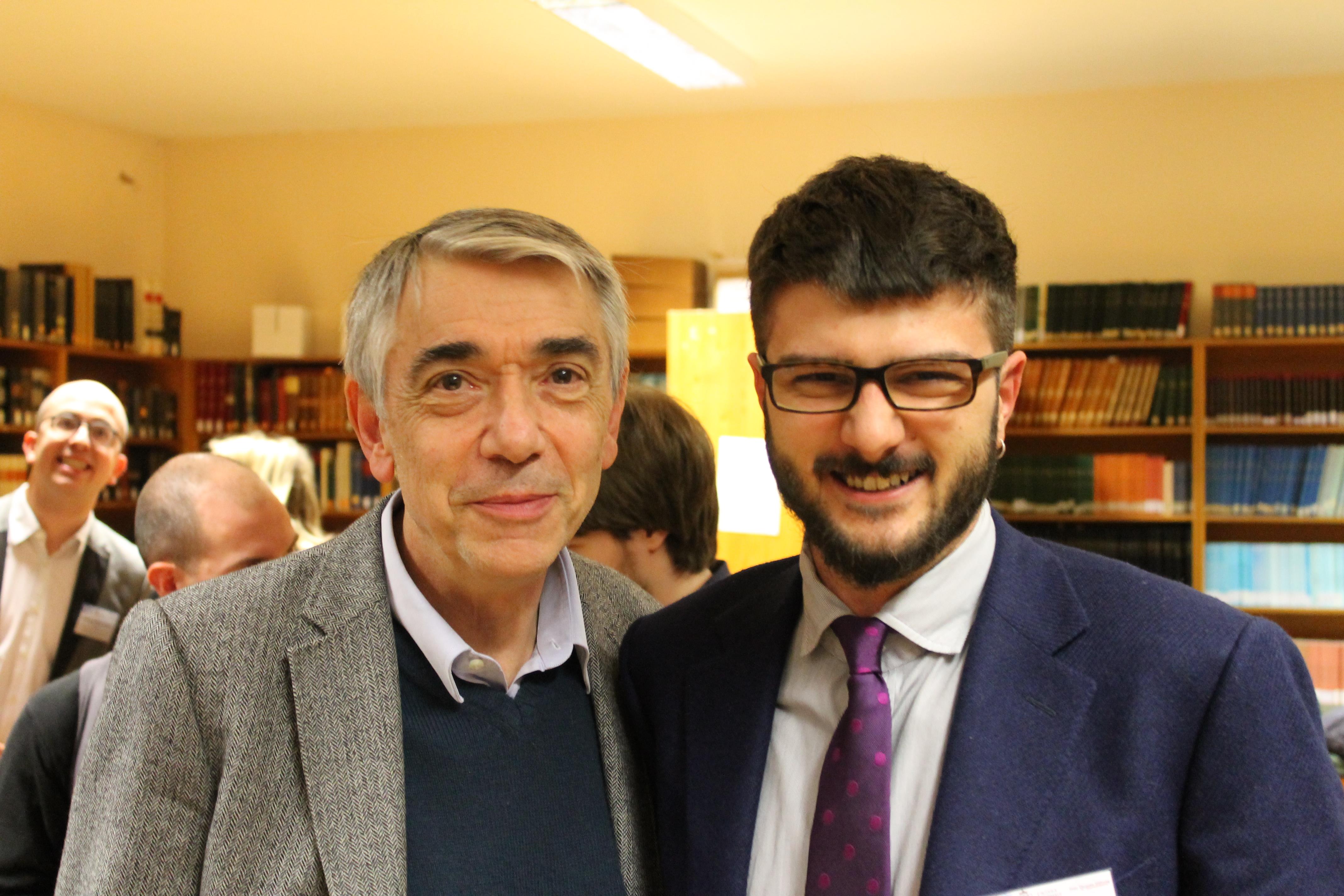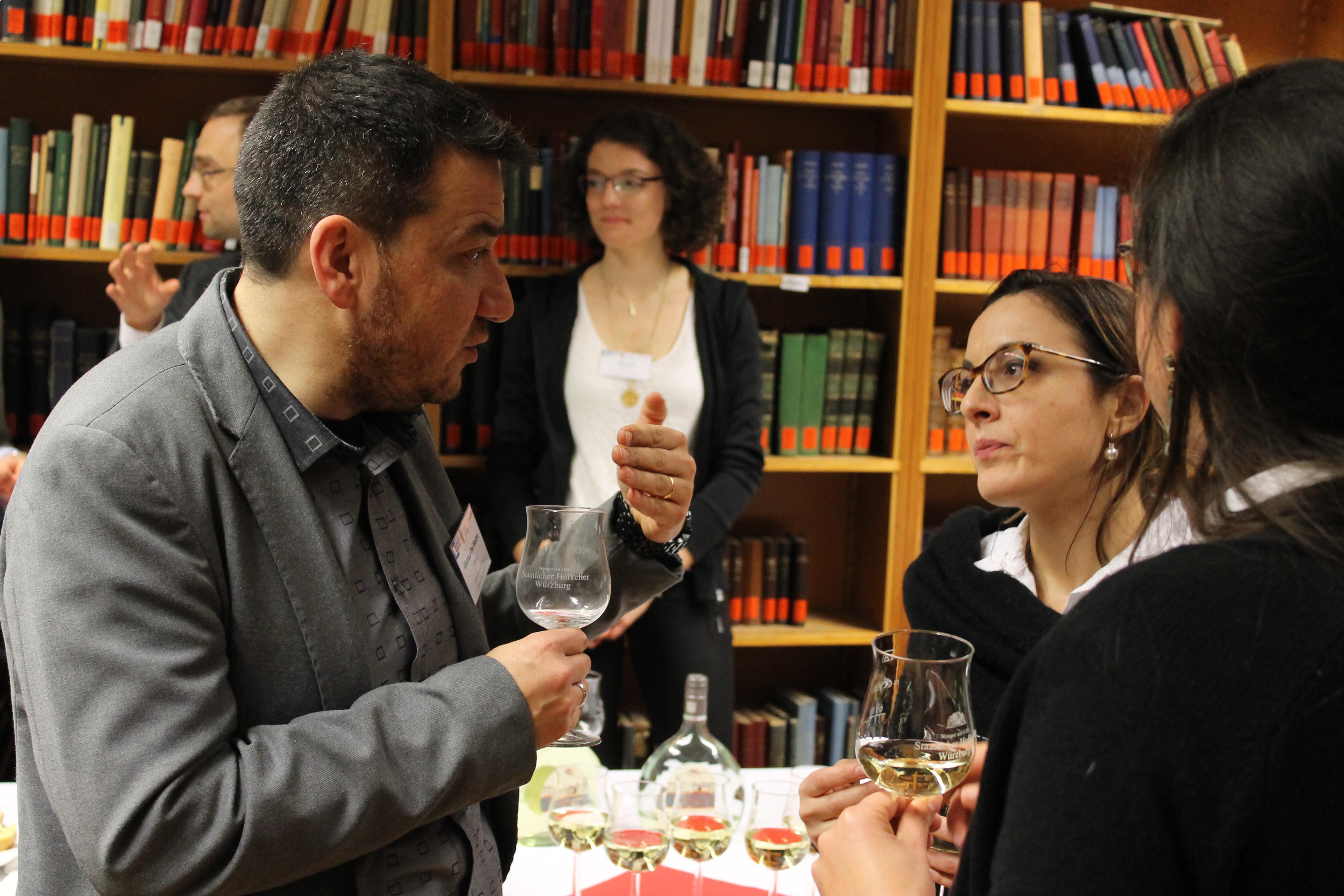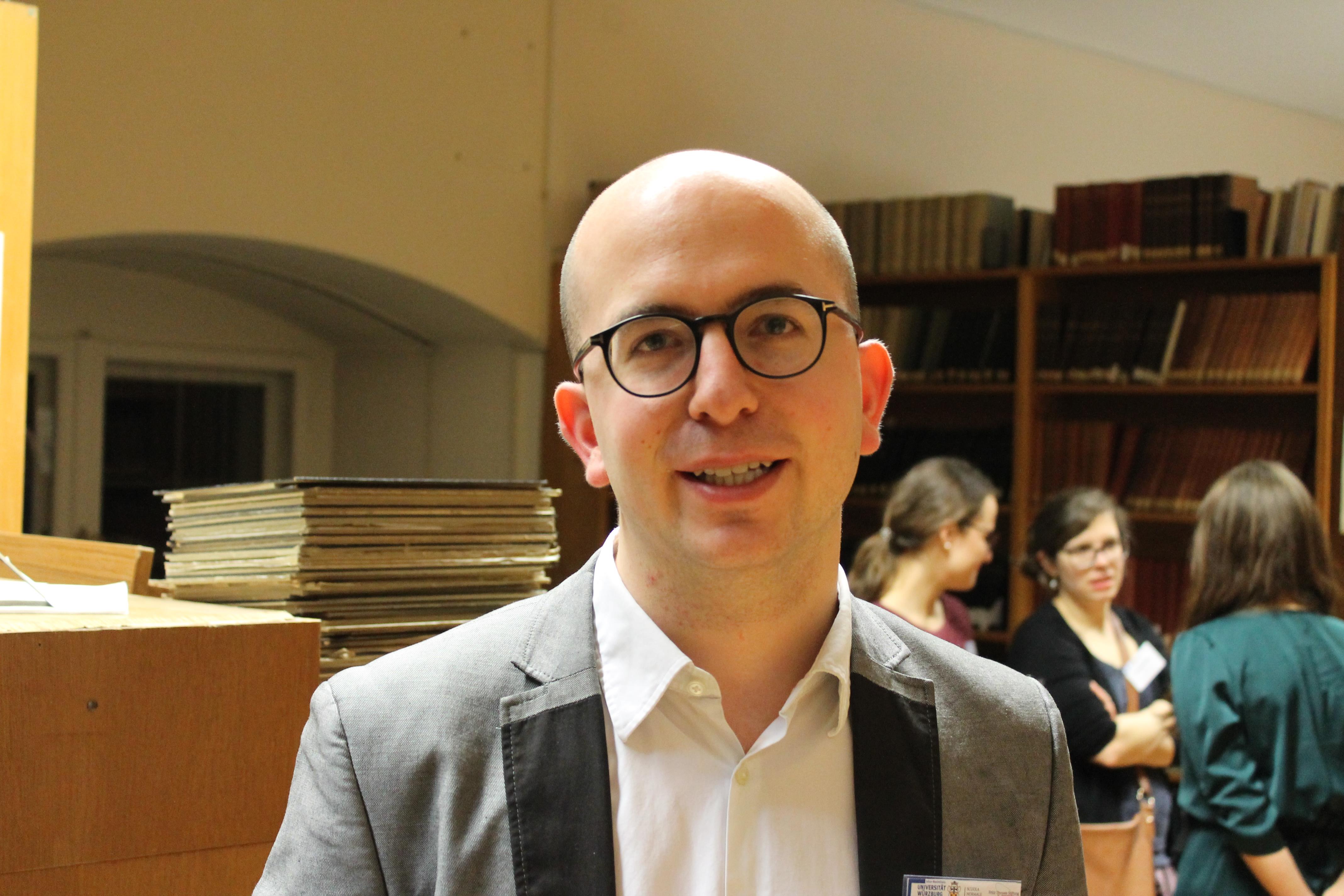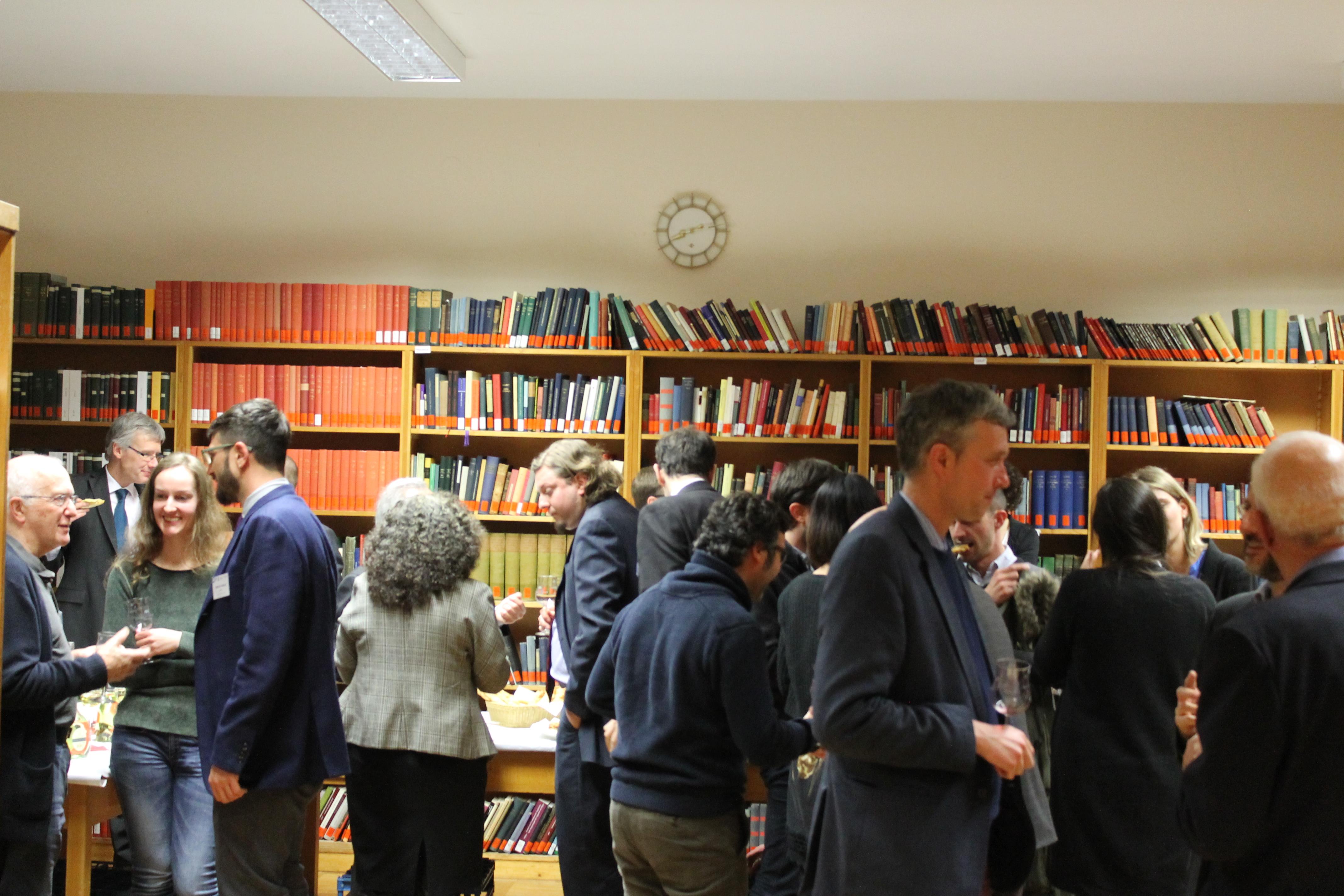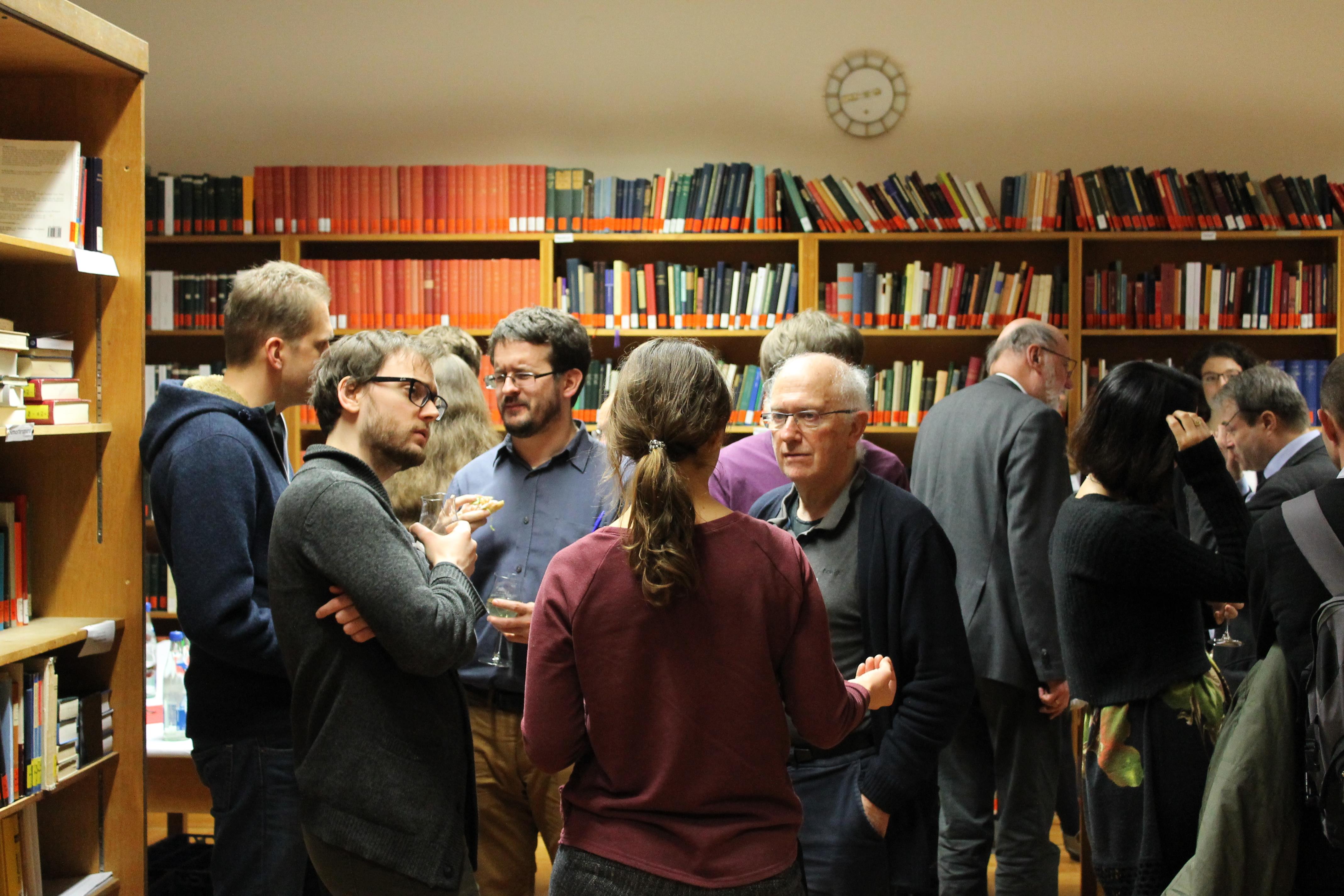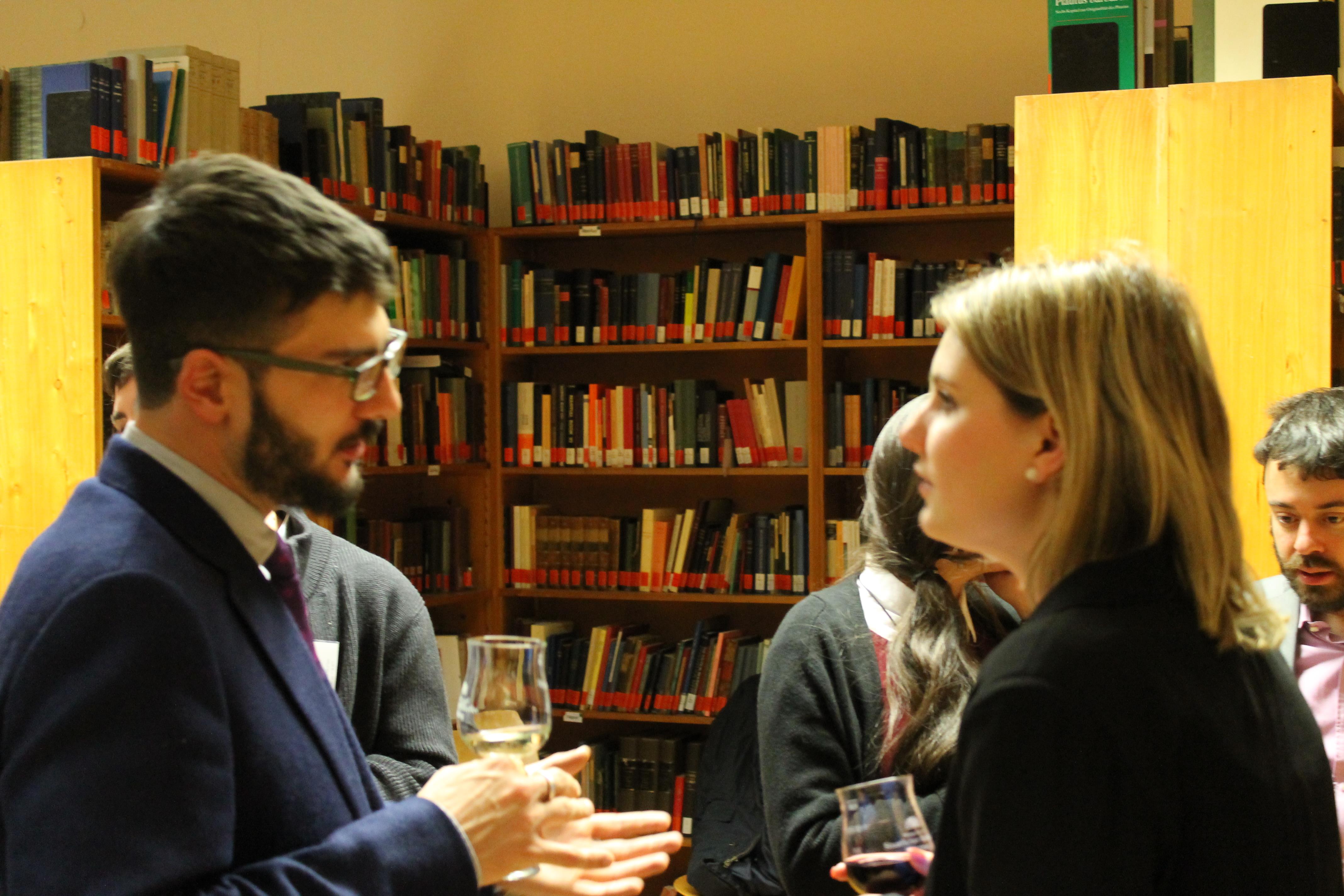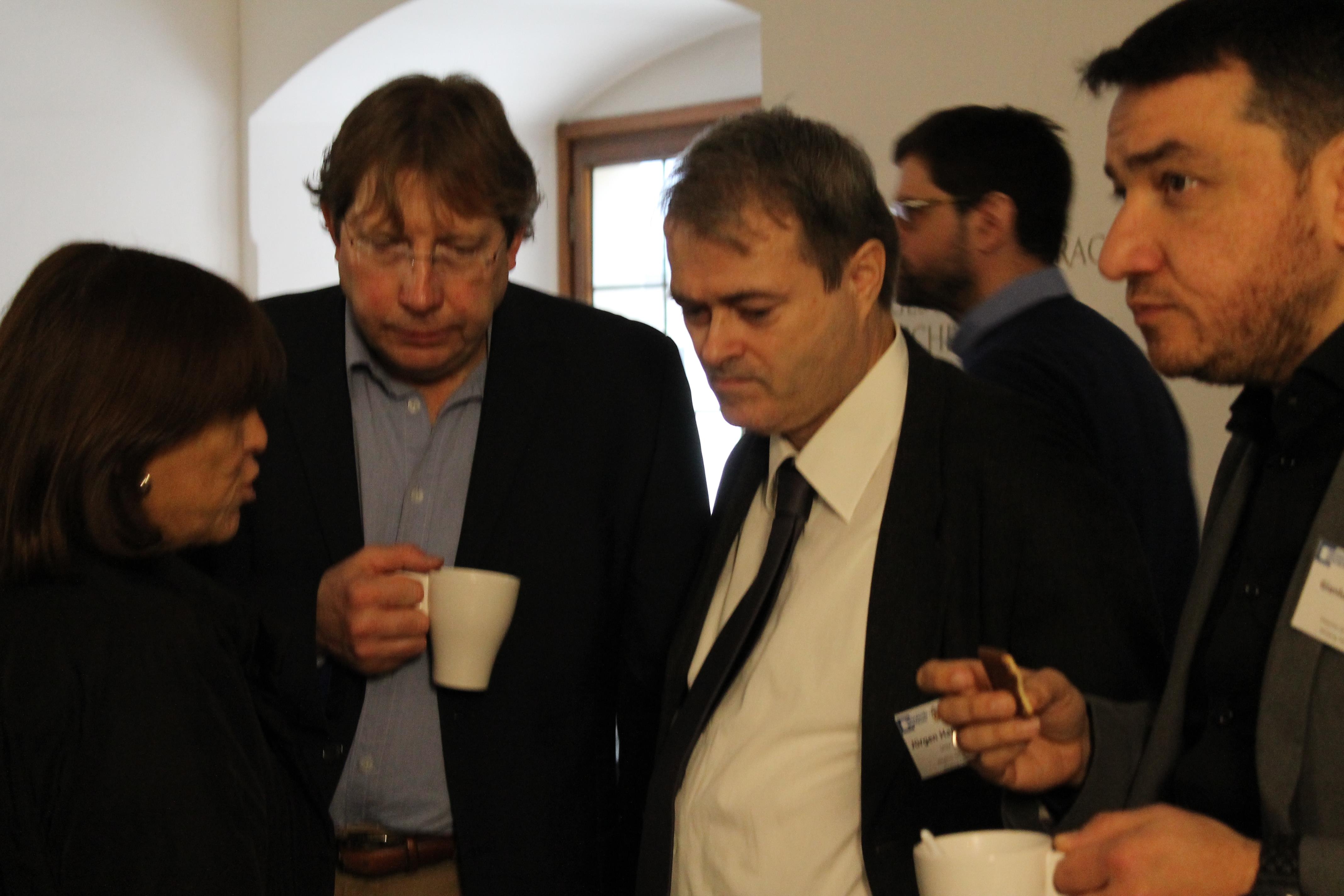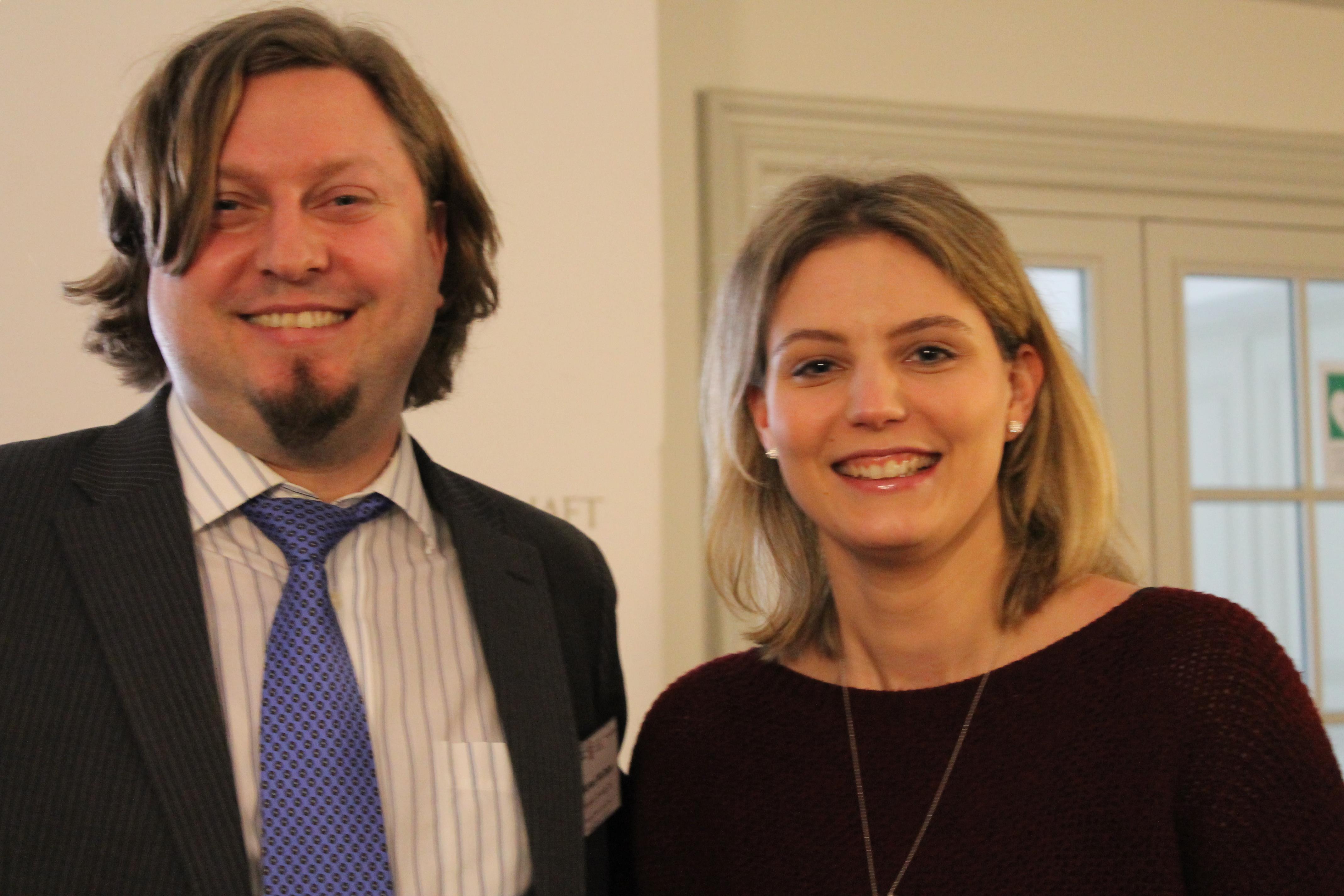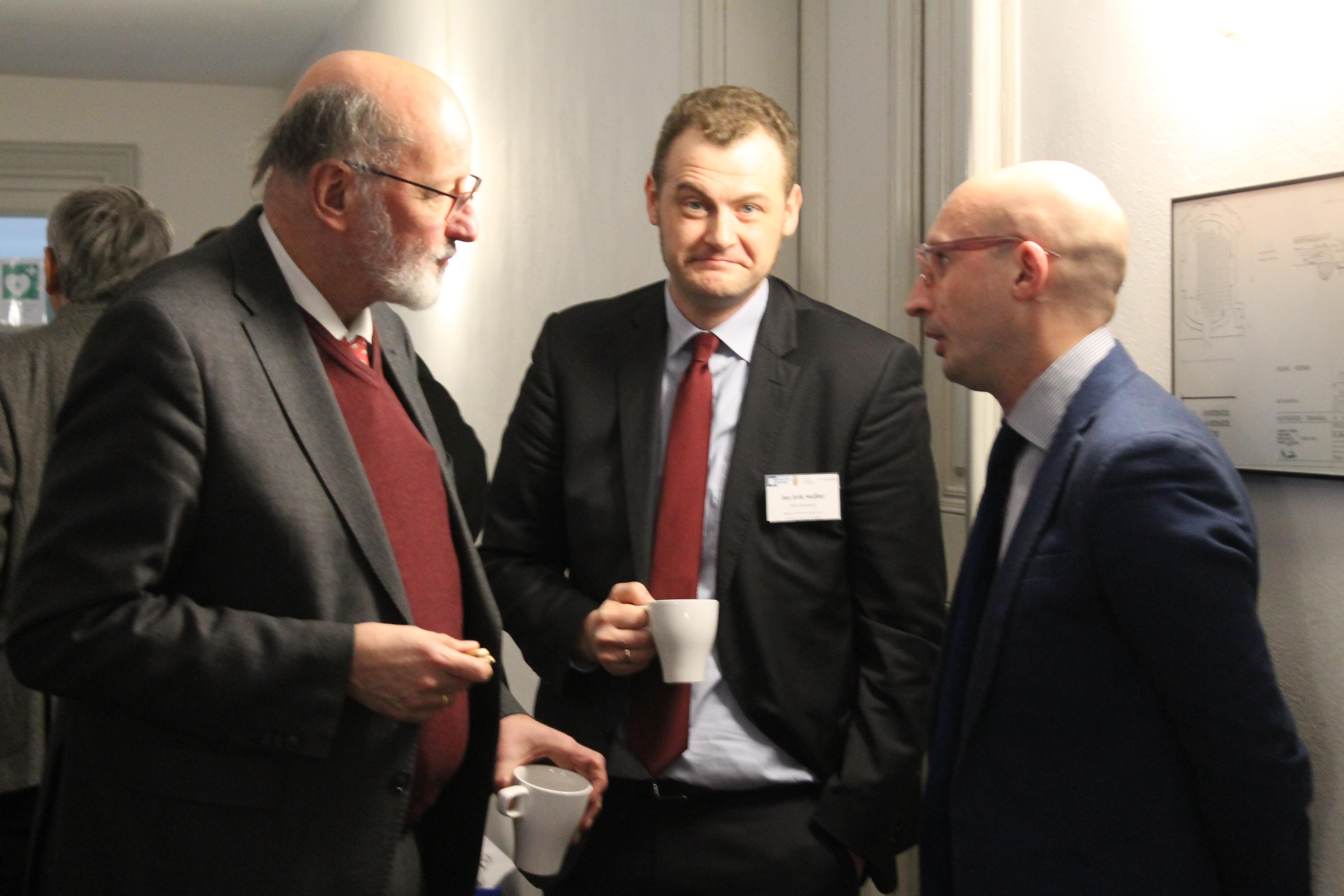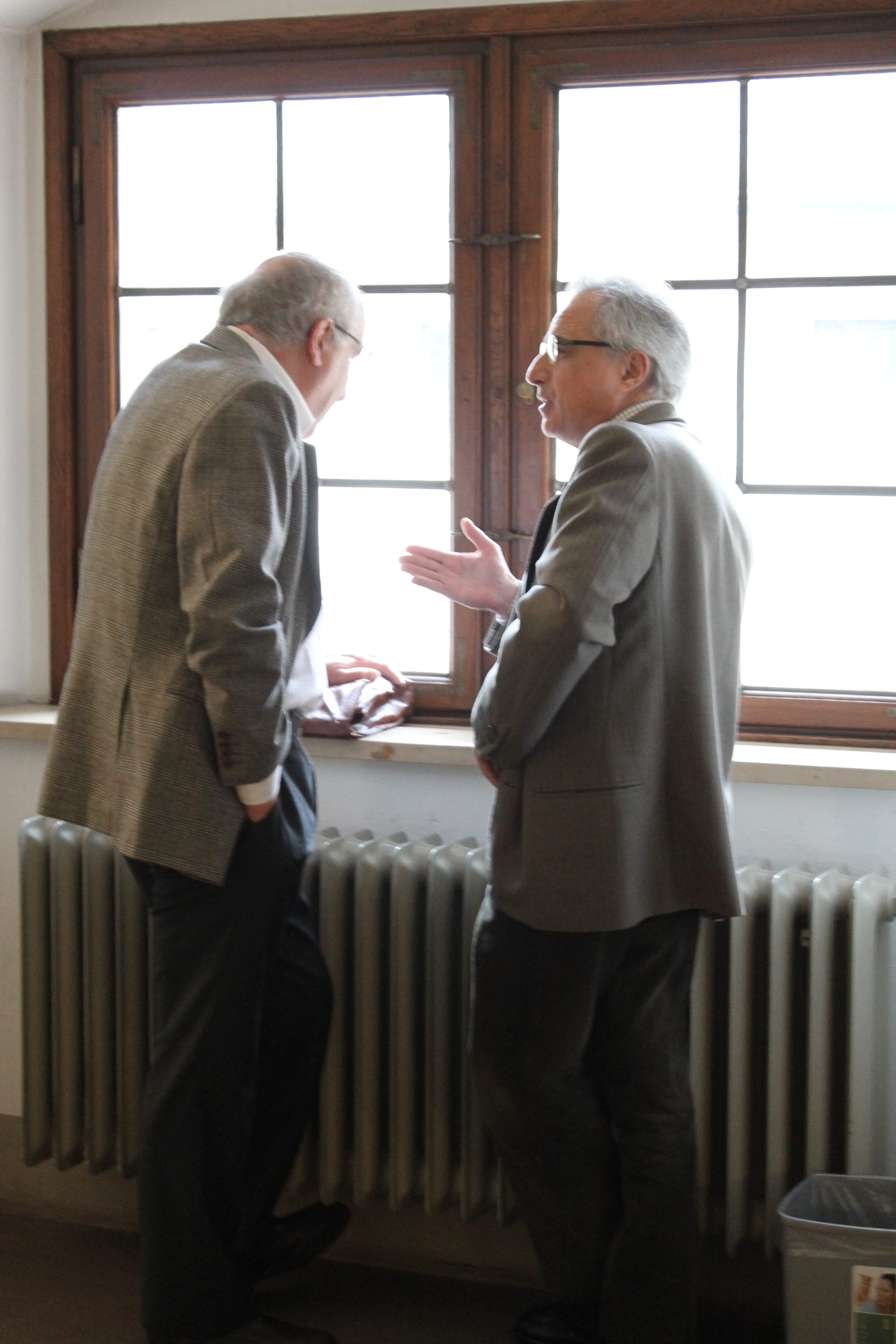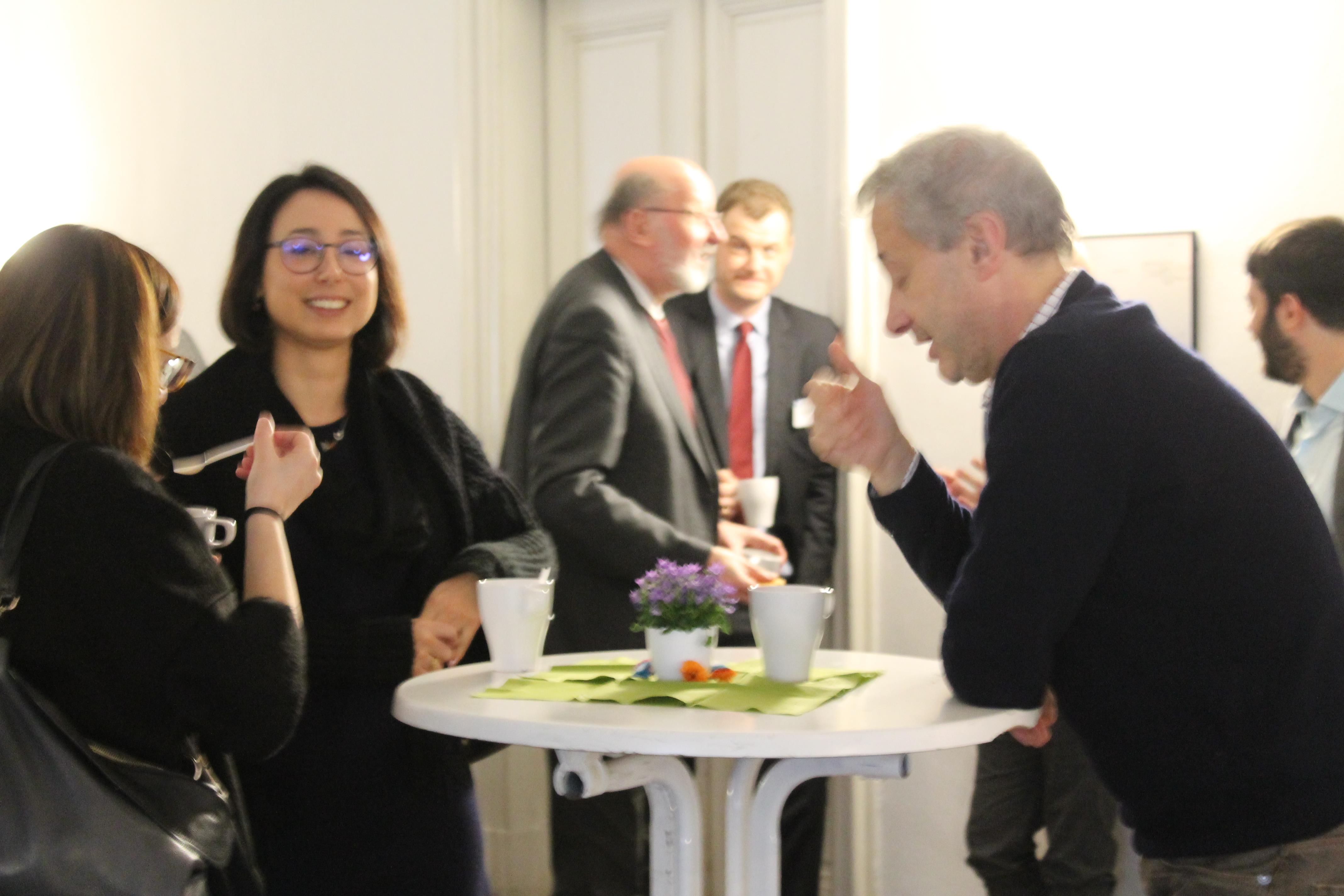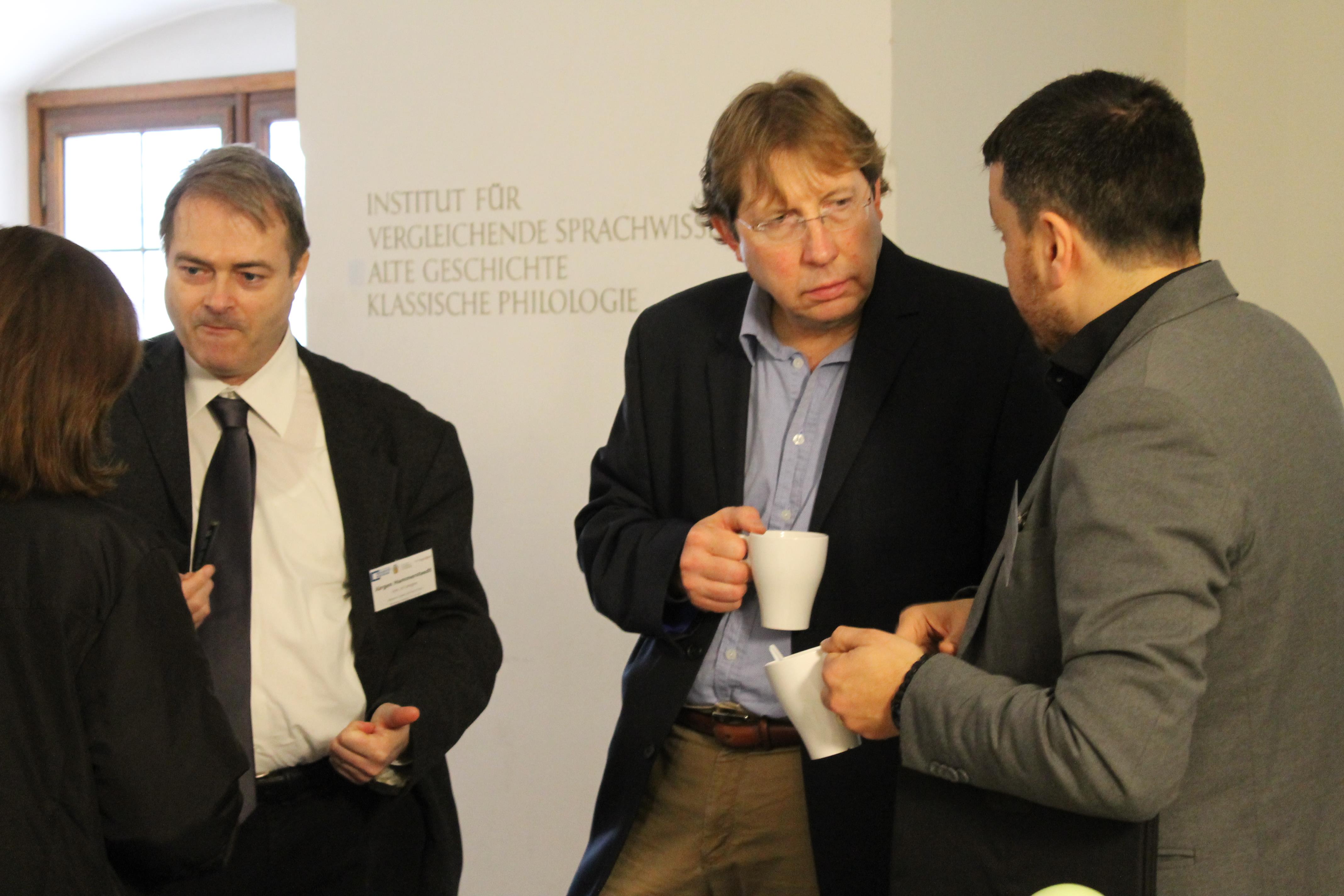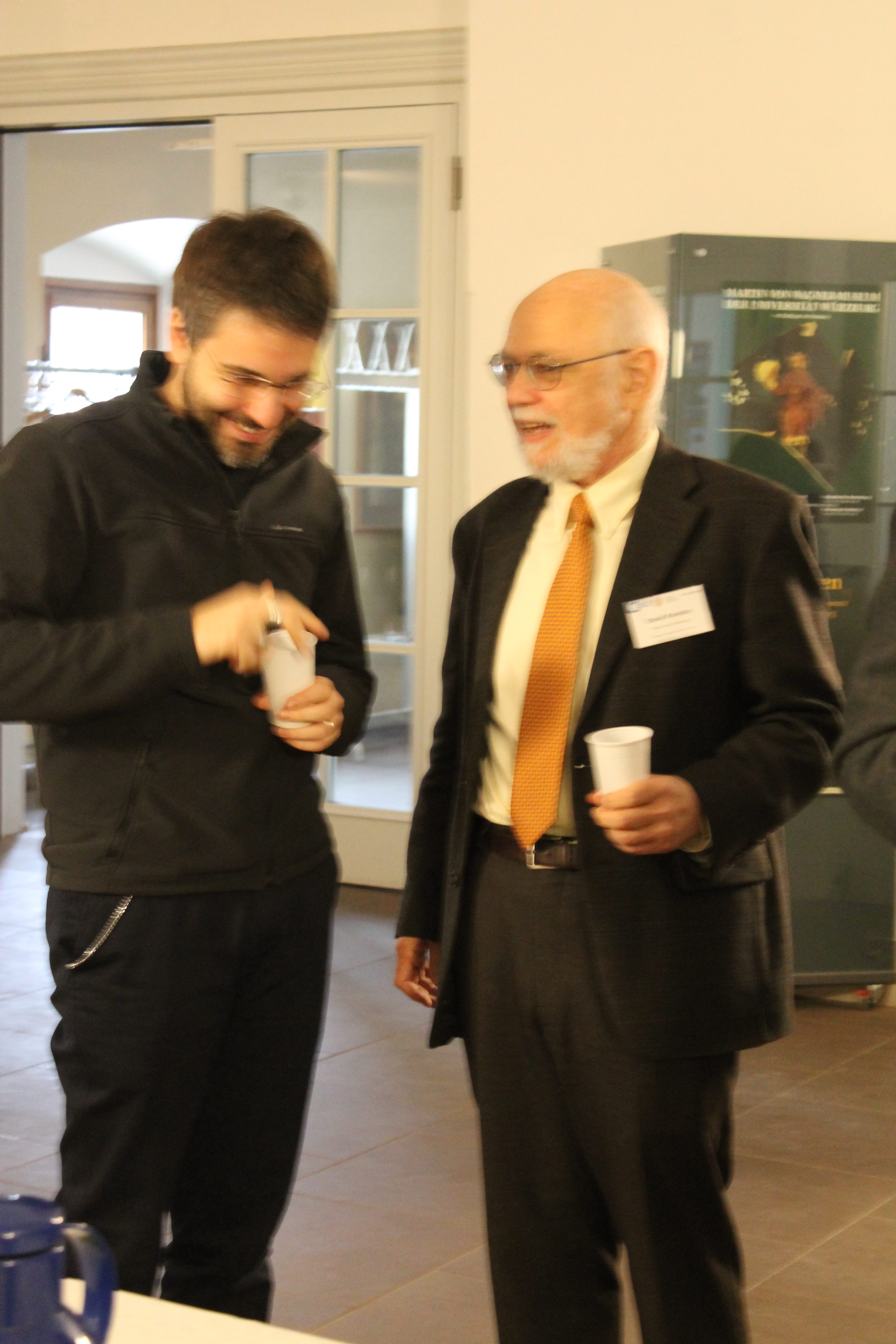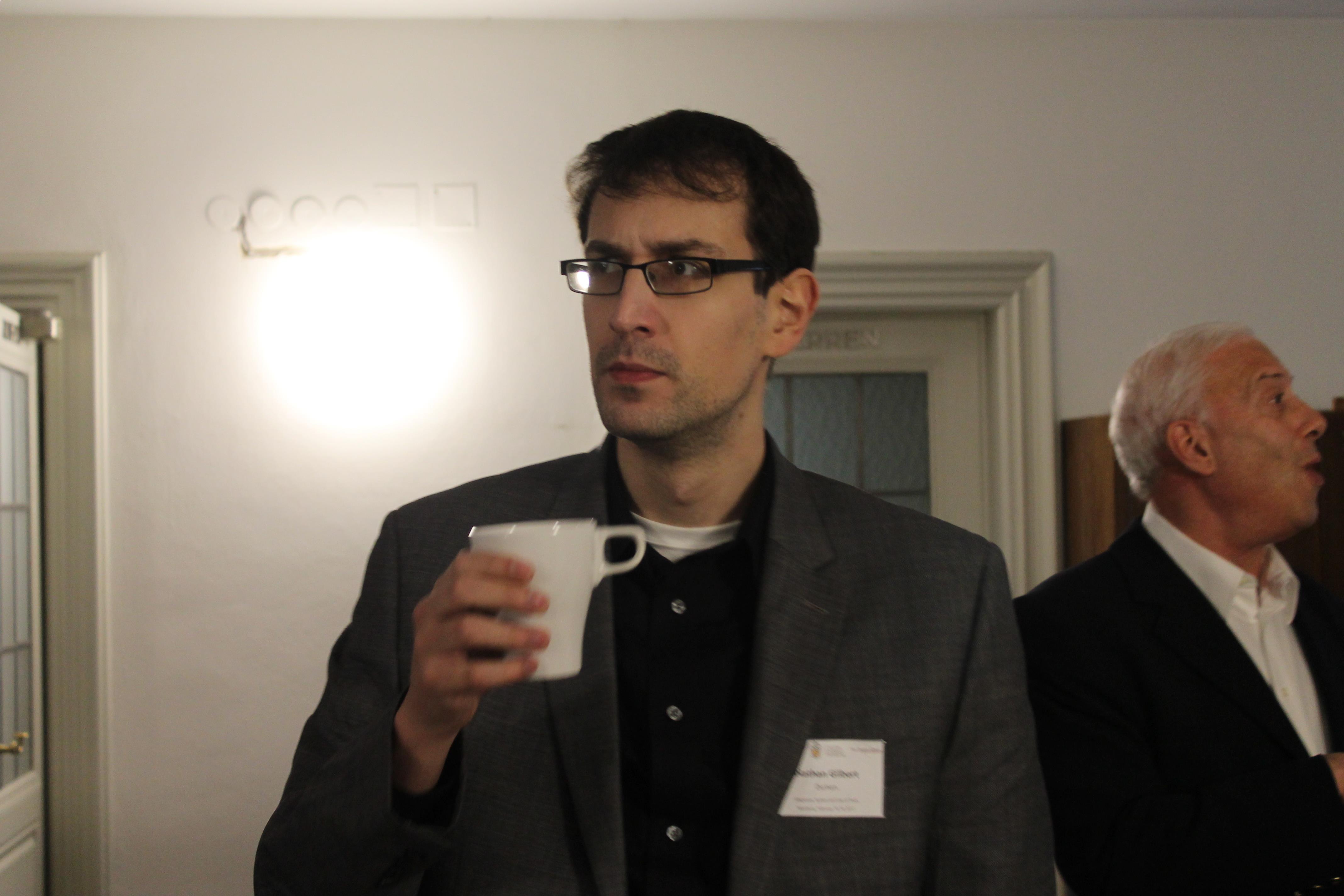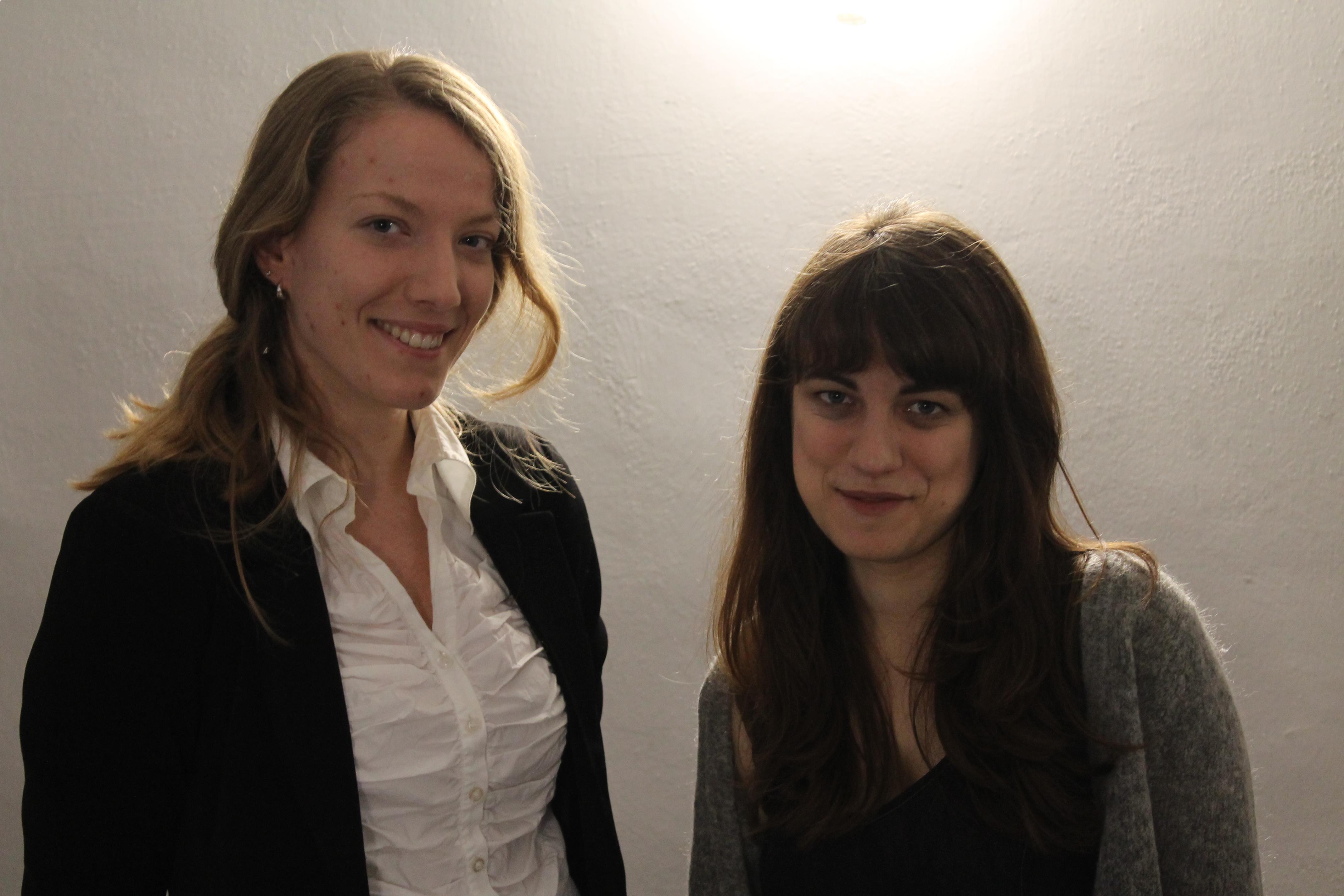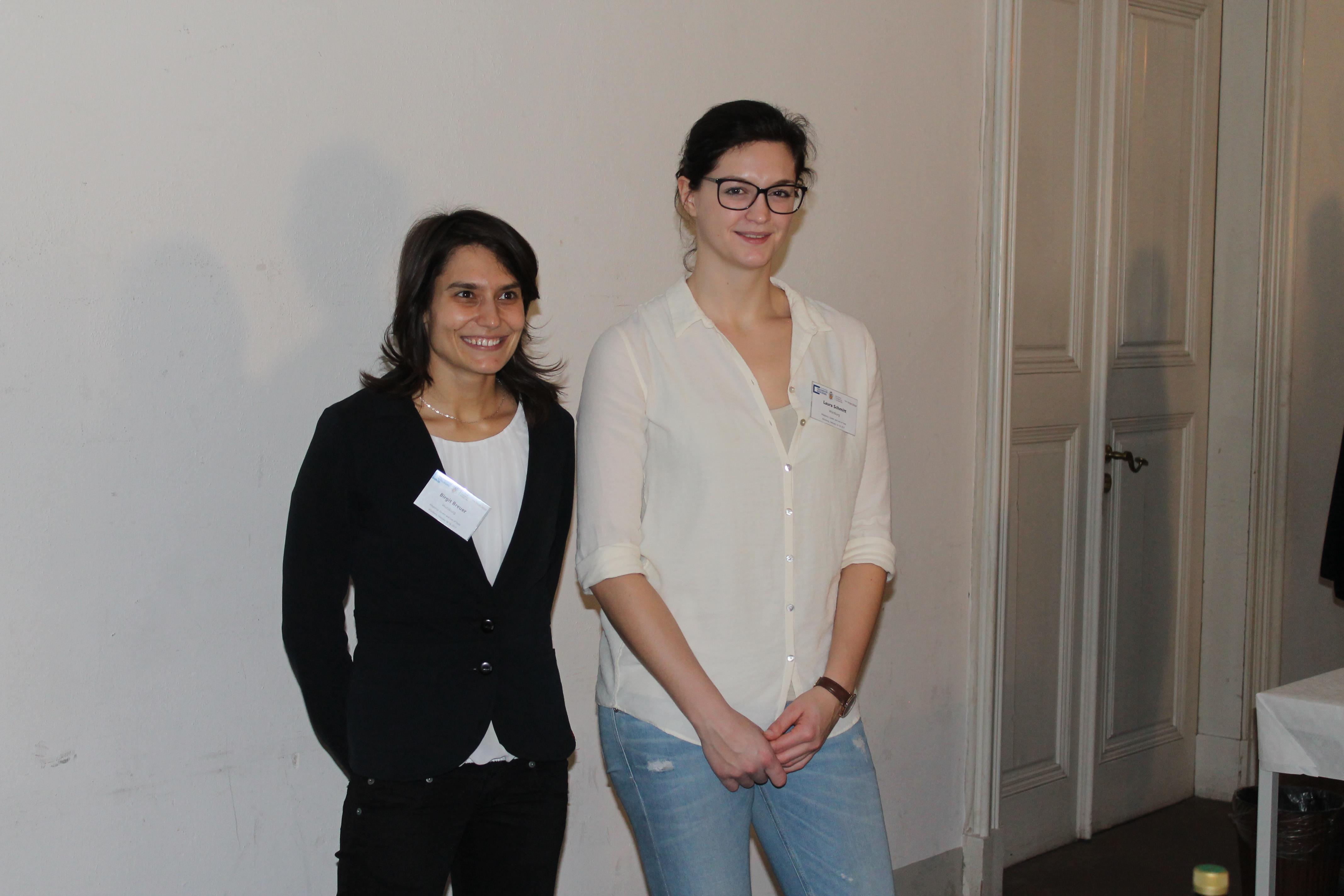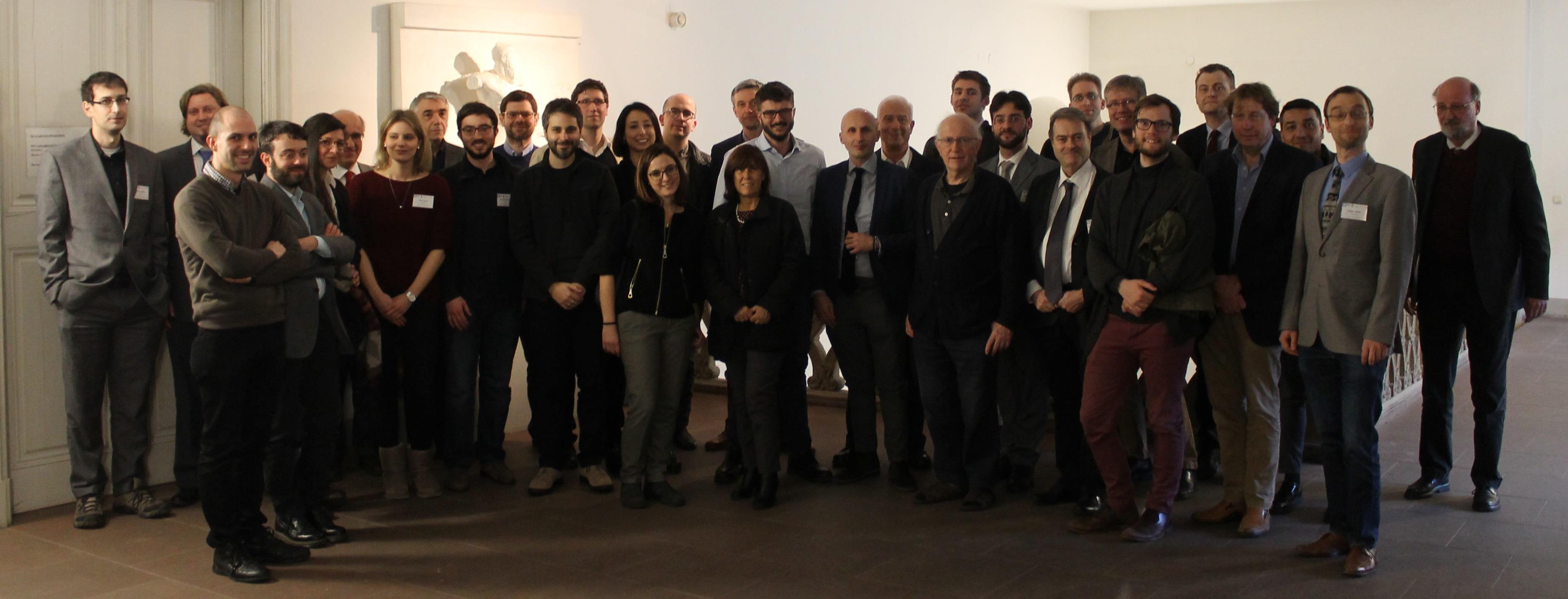Location: Toscanasaal, Residenz Würzburg
Date: February 16-18, 2017
Funding: Fritz Thyssen Stiftung, Philosophische Fakultät der Universität Würzburg
Hosts: Michael Erler, Jan E. Heßler, Federico M. Petrucci
Speakers and Chairmen: Saskia Aerts, George Boys-Stones, Bruno Centrone, Riccardo Chiaradonna, Vincenzo Damiani, Dino De Sanctis, Tiziano Dorandi, Margherita Erbì, Holger Essler, Franco Ferrari, Lloyd Gerson, Jürgen Hammerstaedt, David Konstan, Giuliana Leone, Christoph Markschies, Michael McOsker, Dirk Obbink, David Sedley, Christian Tornau, Mauro Tulli, Francesco Verde.

At the end of the Classical age, the Garden and the Stoa joined the two glorious schools of Athens, the Academy and the Peripatos. This is the starting point for a complex framework of philosophical perspectives and theories which characterised the Hellenistic and Imperial Age (III B.C. – III A.D.). In these centuries, in fact, the schools developed (albeit in different ways) a continuous debate, both internally and externally: the masters’ doctrines were discussed and rethought in each school, and at the same time the dialectic relationships between scholarly traditions gave rise to polemics and reciprocal influences. This development came to an end, when Kepos and Stoa had became less attractive and Platonism und Aristotelianism reached a well-defined and objective-systematic identity with Plotinus and Alexander of Aphrodisias.The history of philosophy of the Hellenistic and the Imperial Age may in fact be regarded a history of systems, exegeses, and ways of considering the masters. It is the aim of this conference to observe these elements within two of the main philosophical traditions, that is, within Platonism and Epicureanism. They represent different approaches and perspectives within a common frame, consisting in a strict allegiance to the master and a philological attention to his texts. It is worth noting, moreover, that debates and polemics between these traditions are often (albeit not only) grounded on methodological points, such as the use of quotations and the search for consistency in the master’s texts. Moreover, it will be possible to address relevant related problems, such as the relationship between ancient philosophical scholarship and religious issues: it will be helpful to observe differences and similarities linked to the use of philosophical texts in religious works of the early imperial age, and the (both implicit and explicit) debate with religion which can be detected in philosophical texts. So we wish to establish both a comprehensive and authoritative arrival point of preceding research and a starting point for new perspectives on the following problems: how did the philosophers of these schools, time after time in their traditions, perceive and discuss their fundamental texts? What methods (well-structured or not, interdisciplinary, polemical, etc.) did they develop and apply to deal with the master’s texts, the predecessors, the other schools? How, when, and in which sense did each tradition rethink its doctrines as a system? How did the philosophers of each school perceive their affiliation to the school and their allegiance?
In contrast to Stoa und and Aristotelianism, the aspect of allegiance was of crucial importance for the interpretation of texts in the Epicurean and Platonic school, and therefore it will form the core and point of reference of the papers on particular writings and authors. In the frame of the conference it will also be possible to illuminate contexts like the relationship between philosophical doctrine and issues of religion, e.g. the dealing with Epicurean and Platonic texts in Christian writings of the Imperial age, or the (implicit and explicit) debate between pagan philosophers and religiously shaped authors. For the Epicureans, the cult of the founder of the school can provide important answers, because it is reflected throughout the texts and influenced the philosophical argumentation. During our conference, we will take a closer look at these issues in two consecutive sections on Platonism and Epicureanism.
Thursday (February 16, 2017)
Chair: Michael Erler
Federico Petrucci: Authority Beyond Doctrines: Plato Without (Middle) Platonism in the I Century BCE
Bruno Centrone: Authority and Doctrine in the Pseudo-Pythagorica
Chair: Christian Tornau
Christoph Markschies: Again: Origen and Platonism
Friday (February 17, 2017)
Chair: Federico Petrucci
George Boys-Stones: The Hypothesis of Platonic Authority in Plutarch’s E at Delphi
Saskia Aerts: Conflicting Authorities? Hermias and Simplicius on the Self-Moving Soul
Chair: George Boys-Stones
Franco Ferrari: Il fine filosofico delle strategie filologiche nell’esegesi plutarchea dei dialoghi di Platone
Riccardo Chiaradonna: Exegesis, Criticism and Integration: The Reception of Aristotle’s Physics in early Neoplatonism (Plotinus and Porphyry)
Chair: Lloyd Gerson
Christian Tornau: Kathegemon. Zur Funktion der Berufung auf den philosophischen Lehrer in den neuplatonischen Kommentaren
Michael Erler: Mulier tam imperiosae auctoritatis. Zur Rolle von auctoritas in griechischer und römischer Philosophie
Chair: Francesco Verde
Jan E. Heßler: Orthodoxie und Innovation in der Schule Epikurs. Einige Bemerkungen.
Vincenzo Damiani: Ἀστασιαστοτάτη πολιτεία (Numenius). Epicurean Allegiance from the Outside Perspective
Chair: Mauro Tulli
David Sedley: Philosophical Authority in the Ancient World
Saturday (February 18, 2017)
Chair: Jürgen Hammerstaedt
Dino De Sanctis: La parola autorevole: i generi letterari nella produzione del Kepos
Margherita Erbì: Le lettere di Epicuro come testo autorevole nel Kepos
Chair: Dino De Sanctis
Giuliana Leone: Ortodossia e auctoritas: i libri del Περὶ φύϲεωϲ nella tradizione della Scuola di Epicuro
Michael McOsker: Demetrius Laco on the Auctoritas of the Master
Chair: Holger Essler
Tiziano Dorandi: Filodemo e Zenone di Sidone: Da Atene a Ercolano
Dirk Obbink: Critical Orthodoxy and Innovation in Philodemus’ On Piety
Chair: Jan E. Heßler
David Konstan: The Theory of Authority: Aristotle, Plutarch, and the Critique of Epicureanism
Jürgen Hammerstaedt: Epicurus and his Doctrine in the Inscription of Diogenes of Oenoanda
Closing discussion
